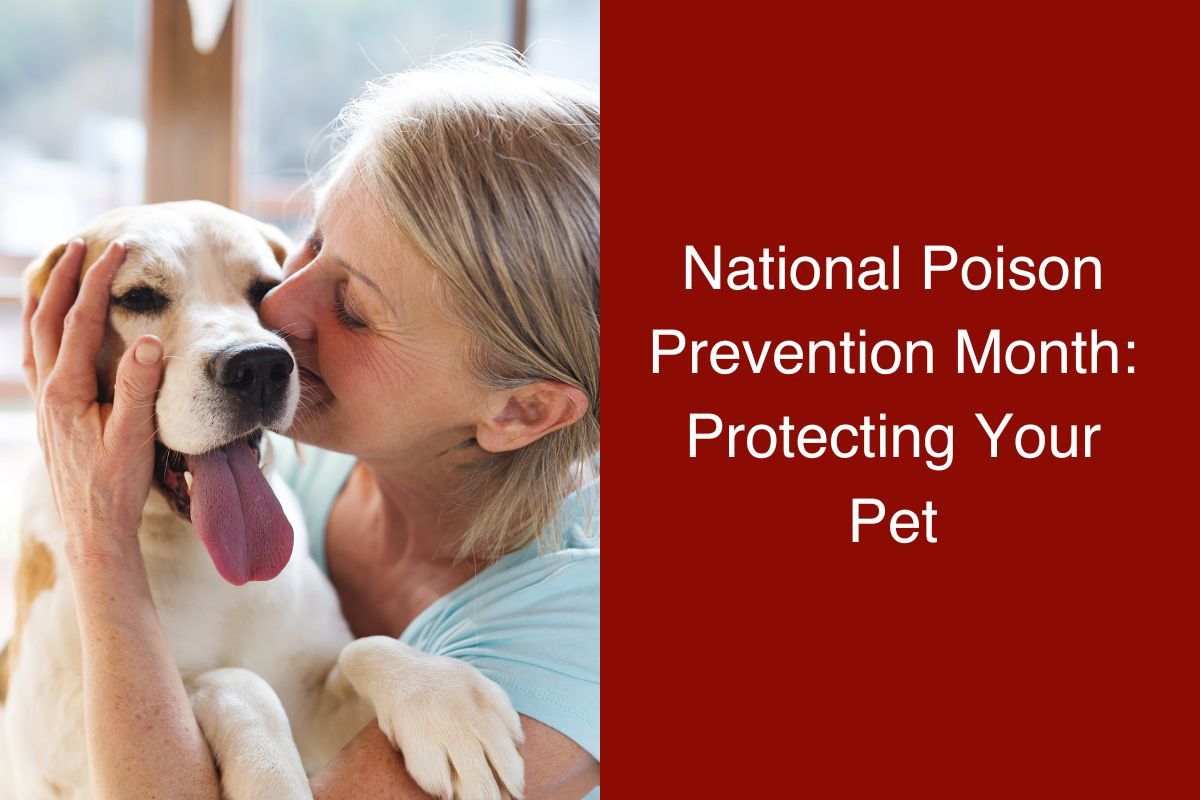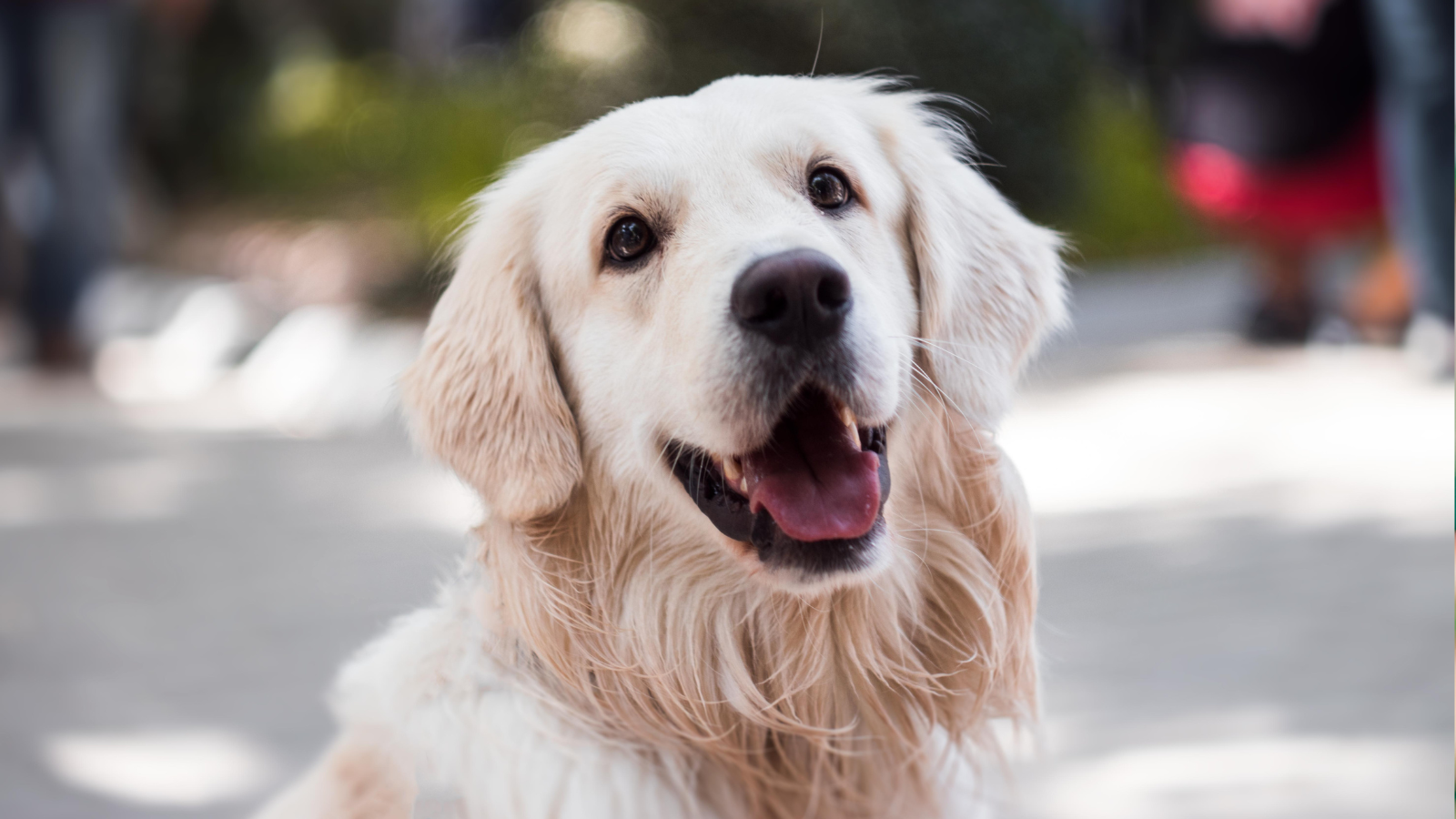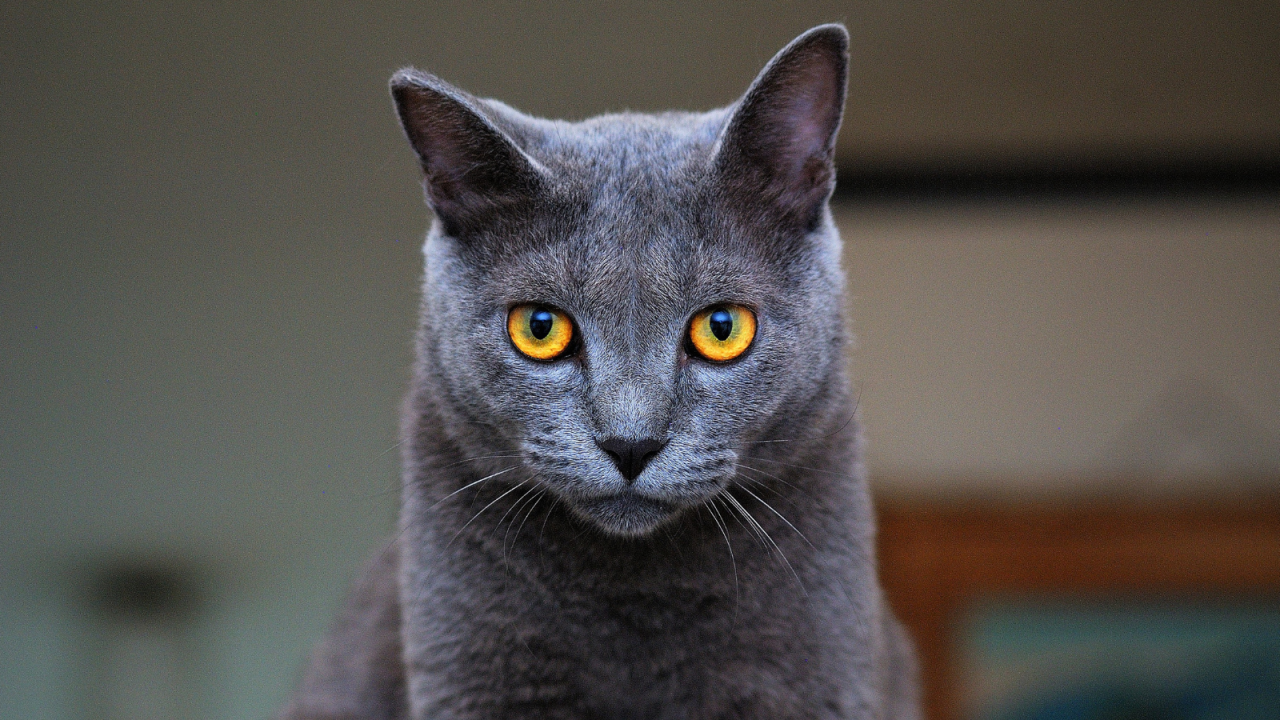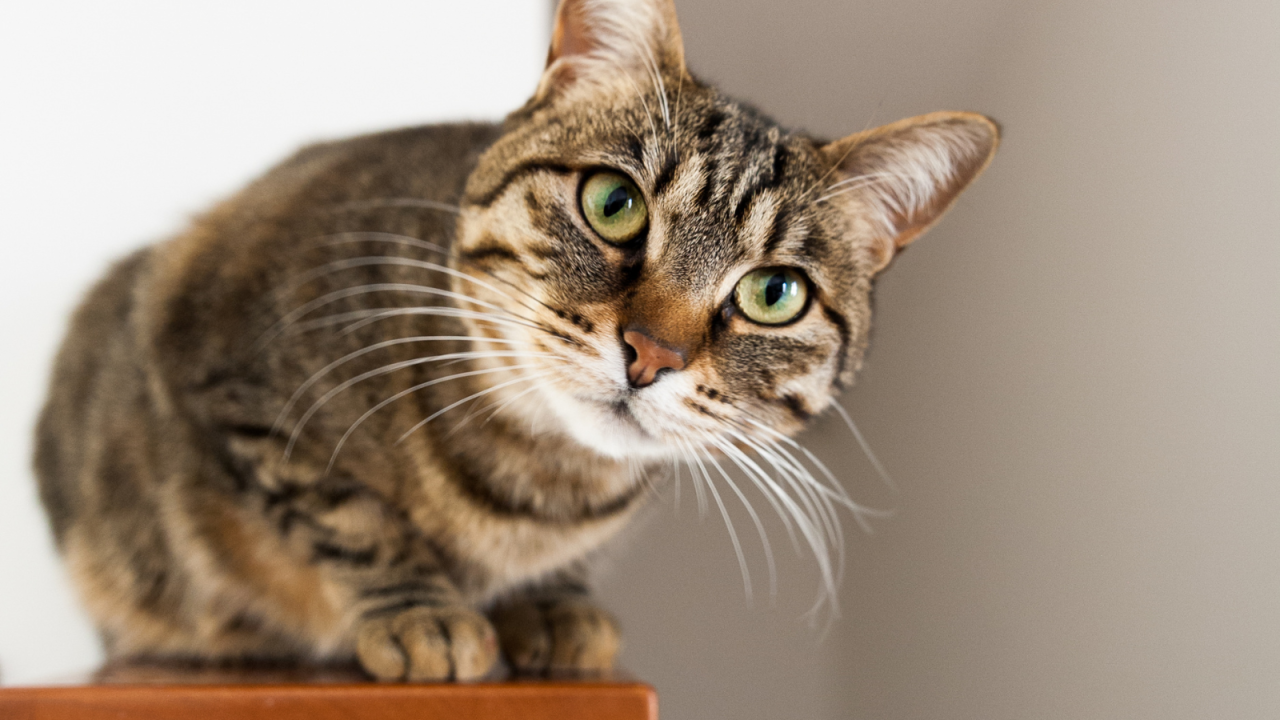March is National Poison Prevention Month, and it’s a perfect time to familiarize yourself with the common household items that can be poisonous to your furry friend. At Spirit of 76th Veterinary Clinic, we have seen many cases where pets have ingested toxic substances and had to undergo emergency treatment or experience a far worse fate. It’s important to be vigilant and take precautions to keep your pets safe. Let’s take a look at a few of the most common pet poisons, how you can protect your four-legged family member, and what to do if they ingest something they shouldn’t.

Common Pet Poisons
As a responsible pet parent, you must be aware of the common household items that can be toxic to your furry friend. Unfortunately, many pet owners are unaware of the dangers that lurk in their homes.
Therefore, it is crucial to educate yourself on the most common pet poisons. Some of the most common ones include:
Human Medications
Many human medications are toxic to pets. Medication for humans should never be given to pets—even if it’s also available for pets. Dosages differ drastically between humans and animals. Never give medication to a pet without advice from your veterinarian.
Chocolate
Chocolate contains theobromine, which is toxic to dogs and cats. Dark chocolate and unsweetened baking chocolate are the most dangerous, but even small amounts of milk chocolate can cause harm.
Cleaning Products
Many cleaning products contain harsh chemicals that are toxic to pets. Always keep these products locked away or in a secure cabinet where your pets cannot reach them. When using them to clean your home, read the instructions carefully to avoid accidents.
Garlic and Onion
Garlic and onions contain a compound called thiosulphate, which is toxic to pets. This compound can damage their red blood cells, leading to a condition called hemolytic anemia.
Plants
Some common household plants, including lilies, azaleas, and sago palms, are toxic to pets. Always research the plants in your home and make sure they are safe for your pets.
Grapes and Raisins
Grapes and raisins can be very dangerous for pets, particularly dogs. The exact cause of grape and raisin toxicity is unknown, but it is believed to be related to a compound found in the fruit that can damage the kidneys.
Tips to Prevent Poisoning
Prevention is always the best strategy when it comes to pet poisoning. Here are some tips to help keep your pets safe:
- Keep all medications, cleaning products, and other toxic substances out of reach of pets. Store them in a secure cabinet or high up on a shelf.
- Be careful when giving your pets human food. Many foods that are safe for humans can be toxic to pets. Avoid giving your pets chocolate, onions, garlic, grapes, and raisins.
- Research the plants in your home and make sure they are safe for your pets. Keep toxic plants out of reach, or consider removing them from your home altogether.
- Keep an eye on your pets when they are outside. Many common garden plants, such as daffodils and tulips, are toxic to pets.
What to Do If Your Pet Is Poisoned
If you suspect that your pet has ingested a toxic substance, it’s important to act quickly. Contact the Pet Poison Hotline and seek veterinary help immediately. Some signs that your pet may have ingested a toxic substance include vomiting, diarrhea, lethargy, and seizures.
Keep Your Pet Safe This Month and Beyond
Poison Prevention Awareness Month is the perfect time to educate yourself on common pet poisons and take precautions to protect your beloved companion. If you have any concerns about your pet’s health or suspect that they may have ingested a toxic substance, contact us right away.






